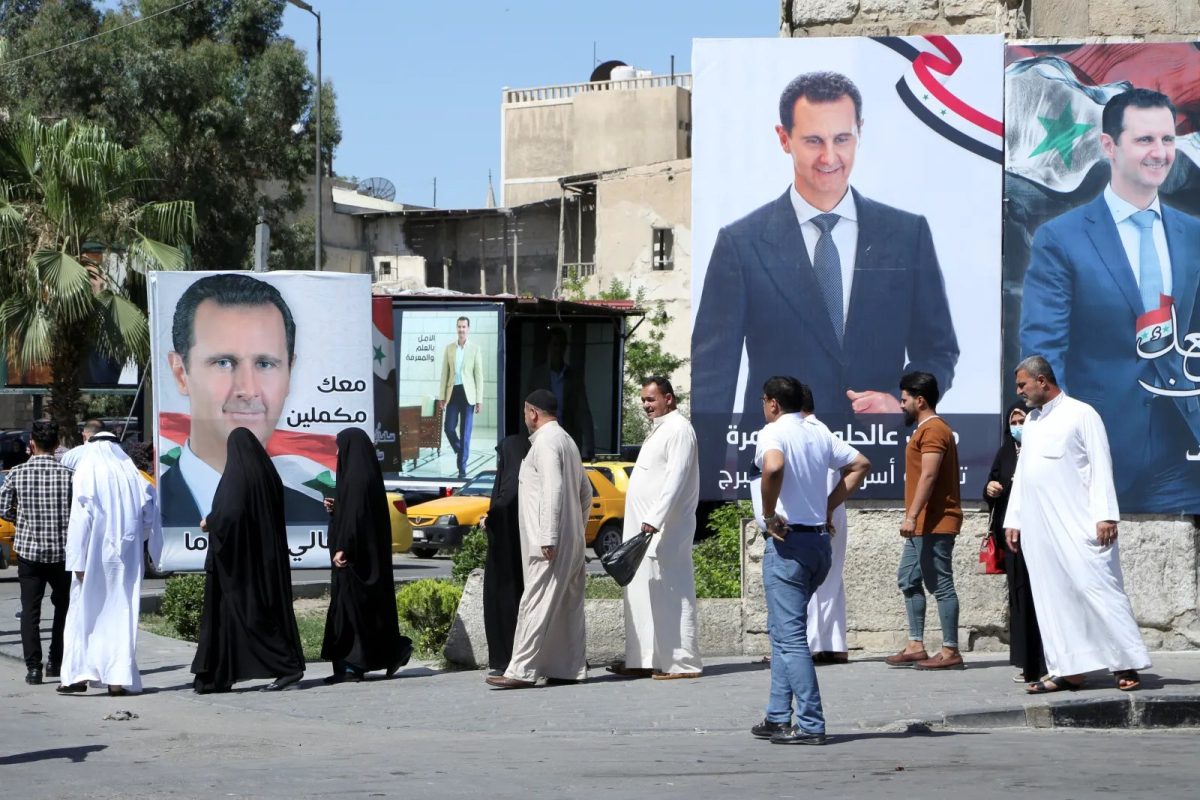Deputy foreign ministers of Turkey, Russia, and Iran, the three guarantor states, as well as representatives of the Syrian government and anti-Damascus militant groups made the remarks in a final statement on the second day of the high-level talks in the Kazakh capital of Astana on Wednesday.
The guarantor states renewed their firm commitment to the sovereignty, independence, unity and territorial integrity of Syria and to the goals and principles of the United Nations Charter.
“The representatives of the Islamic Republic of Iran, the Russian Federation and the Republic of Turkey as guarantor countries of the Astana Format … emphasized the leading role of the Astana Process in promoting the lasting settlement of the Syrian crisis,” the statement said.
The participants also “reaffirmed their unwavering commitment to the sovereignty, independence, unity and territorial integrity of the Syrian Arab Republic as well as to the purposes and principles of the UN Charter and highlighted that these principles should be universally respected and complied with,” it added.
They also discussed progress in preparing a roadmap for the restoration of relations between Turkey and Syria, stressing the importance of “continued active efforts” by both sides to resolve their conflicts.
The statement said the guarantor states “recognized the importance of advancing this process on the basis of goodwill and good-neighborly relations to combat terrorism, create proper conditions for safe, voluntary and dignified return of Syrians with the involvement of UNHCR (UN refugee agency), revitalize political process and ensure unimpeded flow of humanitarian aid to the whole of Syria.”
The participants expressed their determination to continue working together to combat terrorism in all its forms and manifestations and stand against separatist agendas aimed at undermining the sovereignty and territorial integrity of Syria and threatening the national security of the neighboring countries, including through cross-border attacks and infiltrations.
They also condemned activities of terrorist groups and their affiliates operating under different names in various parts of Syria, including the attacks targeting civilian facilities.
The statement also censured the repeated Israeli attacks on Syrian soil, as a violation of international law and the Arab country’s sovereignty and territorial integrity, and “recognized them as destabilizing and exacerbating tensions in the region.”
It also reiterated the need to abide by universally recognized international legal decisions, including the relevant provisions of United Nations resolutions that reject the occupation of the Syrian Golan.
The participants expressed their conviction that there could be “no military solution to the Syrian conflict,” and reaffirmed their commitment to advance a viable and lasting Syrian-led and Syrian-owned, UN-facilitated political process.
In their final statement on Wednesday, the guarantor states also called for holding without further delay the 9th round of the Drafting Commission of the Constitutional Committee while ensuring the constructive approach by the Syrian parties.
They affirmed their commitment to support the work of the committee through continuous participation with all parties and the UN Secretary General’s Special Envoy for Syria, Geir Pedersen, as a facilitator to ensure its sustainable and effective operation.
“In order to help improve the humanitarian situation in Syria and achieve progress in political settlement, [the guarantor states] called on the international community, the United Nations and its humanitarian agencies to increase their assistance to the whole of Syria,” the statement added.
They also stressed the need to facilitate the safe, dignified and voluntary return of refugees and internally displaced persons to their places of residence in Syria, and to ensure their right of return.
They also expressed their deep concern about the deteriorating humanitarian situation in Syria, due to the repercussions of the devastating February earthquake, and condemned all unilateral coercive measures that violate international law, international humanitarian law and the Charter of the United Nations.
Iran, Russia, and Turkey set up the Astana peace process in January 2017 as part of efforts to put an end to the Syria conflict through the involvement of warring sides in the Arab country.
The three countries have so far held 19 rounds of talks.
Since March 2011, Syria has been gripped by a campaign of militancy and destruction sponsored by the US and its allies.
Iran and Russia have been supporting the government of Syrian President Bashar al-Assad during the war while Turkey has been siding with armed militants.
